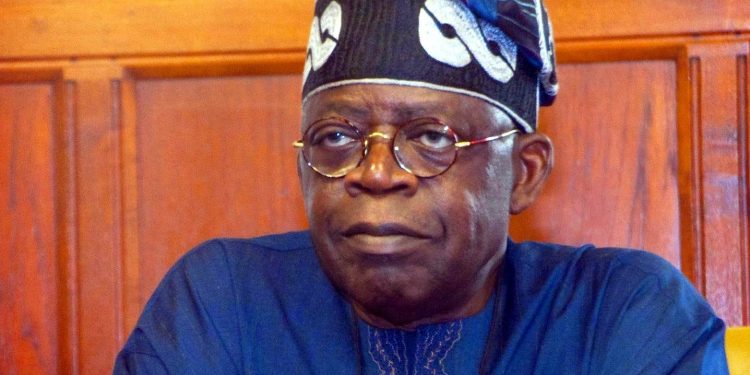Abuja, August 20, 2023 – President Tinubu’s resolute commitment to the Nigerian people resonates as the nation navigates a delicate juncture in the energy landscape. Amidst the complexities of global dynamics, President Tinubu’s earlier decision to phase out fuel subsidies has received a boost from two unforeseen allies: a strengthening naira and a recent downturn in international oil prices.
Promise of Stability
President Tinubu’s assurance that the pump price of Premium Motor Spirit (PMS) will remain stable has found solid footing in the strengthening naira’s climb. In a surprising turn of events, the naira has rallied nearly 15% against the dollar on the parallel market in the span of a week, echoing a clarion call for optimism.
This shift carries significant implications, particularly for the price of gasoline. While global crude oil prices tread a downward trajectory, the appreciation of the naira’s exchange rate is a beacon of hope. Despite the international price of crude holding steady, the naira’s newfound strength has inadvertently made gasoline cheaper for consumers on home soil.
Abrupt Termination of Fuel Subsidy
This dovetails perfectly with President Tinubu’s earlier decision to end fuel subsidies, a move hailed for its economic prudence. As the oil market experiences its first weekly decline in over two months, with Brent crude dipping by more than 3% to $83.5 a barrel, the interplay of these factors aligns with President Tinubu’s vision.
This harmony is, in part, fortified by President Tinubu’s decision to immediately terminate subsidy, though critics have said he should have had a better foresight in opting for a phase-out of fuel subsidies rather than an abrupt termination. This measured approach would have allowed the government to sidestep the volatility and political tensions that subsidies often bring while ensuring a smoother transition for citizens.
The result is a tangible demonstration that fiscal responsibility can coexist with stability and affordability. As President Tinubu’s administration steers through these uncharted waters, the convergence of a stronger naira and softened oil prices serves as a testament to the either the value of thoughtful policymaking or just some form of luck for the president.
Looking Ahead
The outlook, in light of these developments, appears encouraging. While short-term fluctuations remain a hallmark of global markets, the synergy between the naira’s ascent and international oil prices may continue to buffer against drastic fluctuations in fuel costs.
As the days unfold, the efficacy of President Tinubu’s strategy will be scrutinized, both in terms of its economic impact and its ability to weather potential challenges. If this synchronized dance between economic variables endures, it could reinforce President Tinubu’s position as a pragmatic leader who navigates the nation toward a balanced energy future, driven by market forces and anchored in a stable economic reality.












